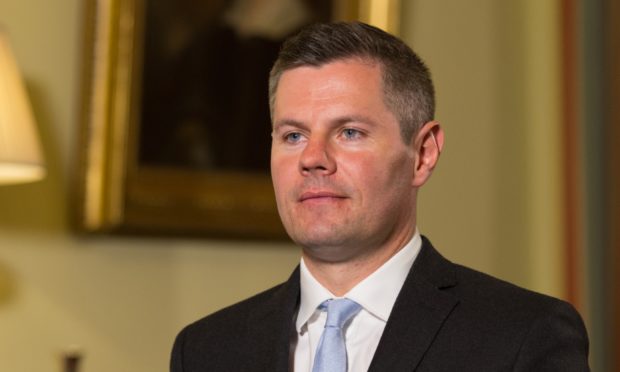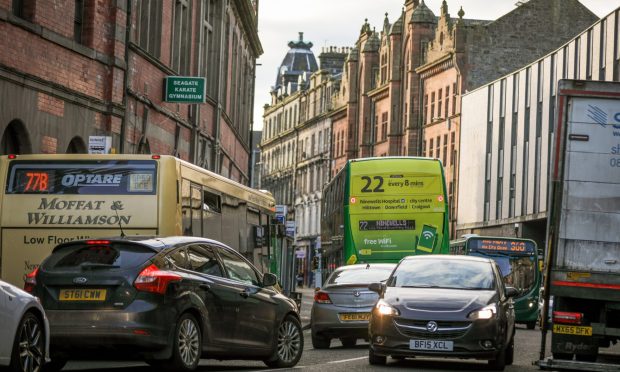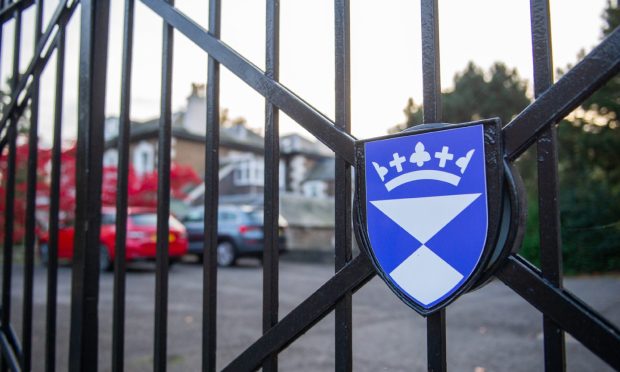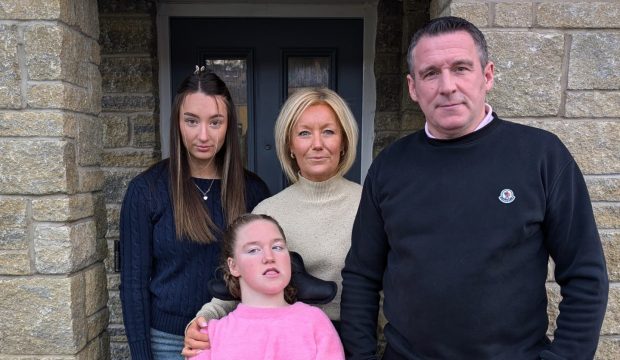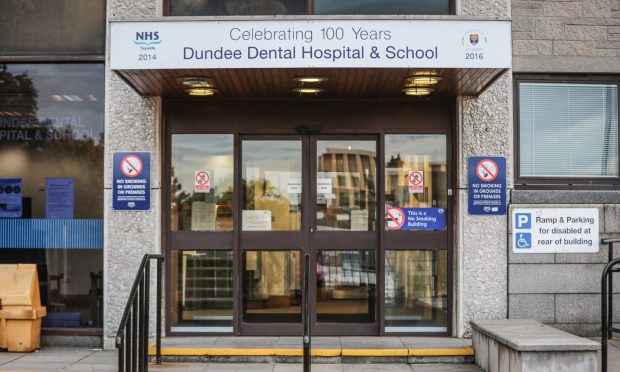Out-of-town firms would pay higher taxes to support Scotland’s high streets under a Scottish Government proposal.
Companies which mostly make their money online also face the rates hike to subsidise rivals operating in town centres.
The suggestion, which is included in a consultation on overhauling Scotland’s business rates regime, was branded “alarming” by the Scottish Retail Consortium.
Ministers plan to legislate for the changes early next year, implementing most of the recommendations from the Barclay review, which was carried out by former chairman of RBS Scotland.
The document published by Finance Secretary Derek Mackay on Monday said: “Barclay suggested a new discretionary power for councils to apply modest rates supplements in certain circumstances from 2020 for out-of-town ratepayers or predominantly online ratepayers.
“The proceeds would be used to support ratepayers in town centres.”
The move would affect out-of-town shopping centres and businesses based in industrial parks, some of whom already pay more through the large business supplement.
The Scottish Government said there should be a pilot involving a maximum of three towns before any possible roll-out.
David Ross, Labour’s co-leader of Fife Council, said he would be interested in trialling a scheme, adding the proposal to charge some businesses more “needs to be given serious consideration”.
“I think we would be in favour of more flexibility for local authorities to vary rates according to local circumstances and that is something we would want to look at,” he said.
David Lonsdale, director of SRC, said many of the proposals in the consultation, including a more regular revaluation of rates, are very welcome.
But calling on Mr Mackay to dump the new out-of-town tax surcharge, he said: “It will do little to aid town centres since it is not an answer to the high cost of operating on our high streets, nor to the profound shift in consumers’ shopping habits.”
Other reforms include ending the charitable status exemptions for private schools, reducing the large business supplement and stopping relief for new facilities set up by arm’s length organisations, which councils to use to run leisure services.
Mr Mackay said: “The launch of this consultation marks the next step in our reform of the business rates system following the Barclay review.
“It seeks the views of business and other stakeholders on the proposed legislative changes that we intend to bring forward to ensure we maintain a competitive advantage for Scottish ratepayers.”
The consultation ends on September 17.
